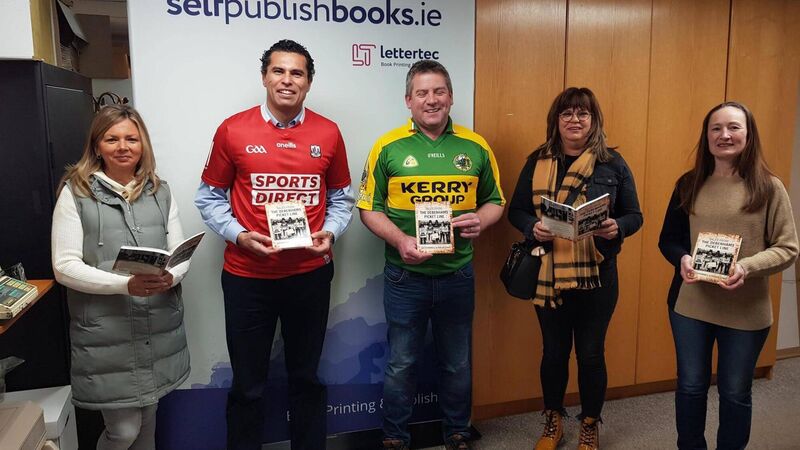Paul Rouse: Debenhams workers and sport - who said sport and politics shouldn't mix?

UNITED THEY STAND: Madeline Whelan, Seán Óg Ó hAilpín, Dara Ó Cinnéide, Geraldine O' Regan and Carol Ann Bridgeman pictured at last week's launch of 'Tales From The Debenhams Picket Line.'
The ubiquity of modern sport means it is inevitably something that is deeply political.
Nothing that is as important to modern society as sport could possibly avoid having a political function.









